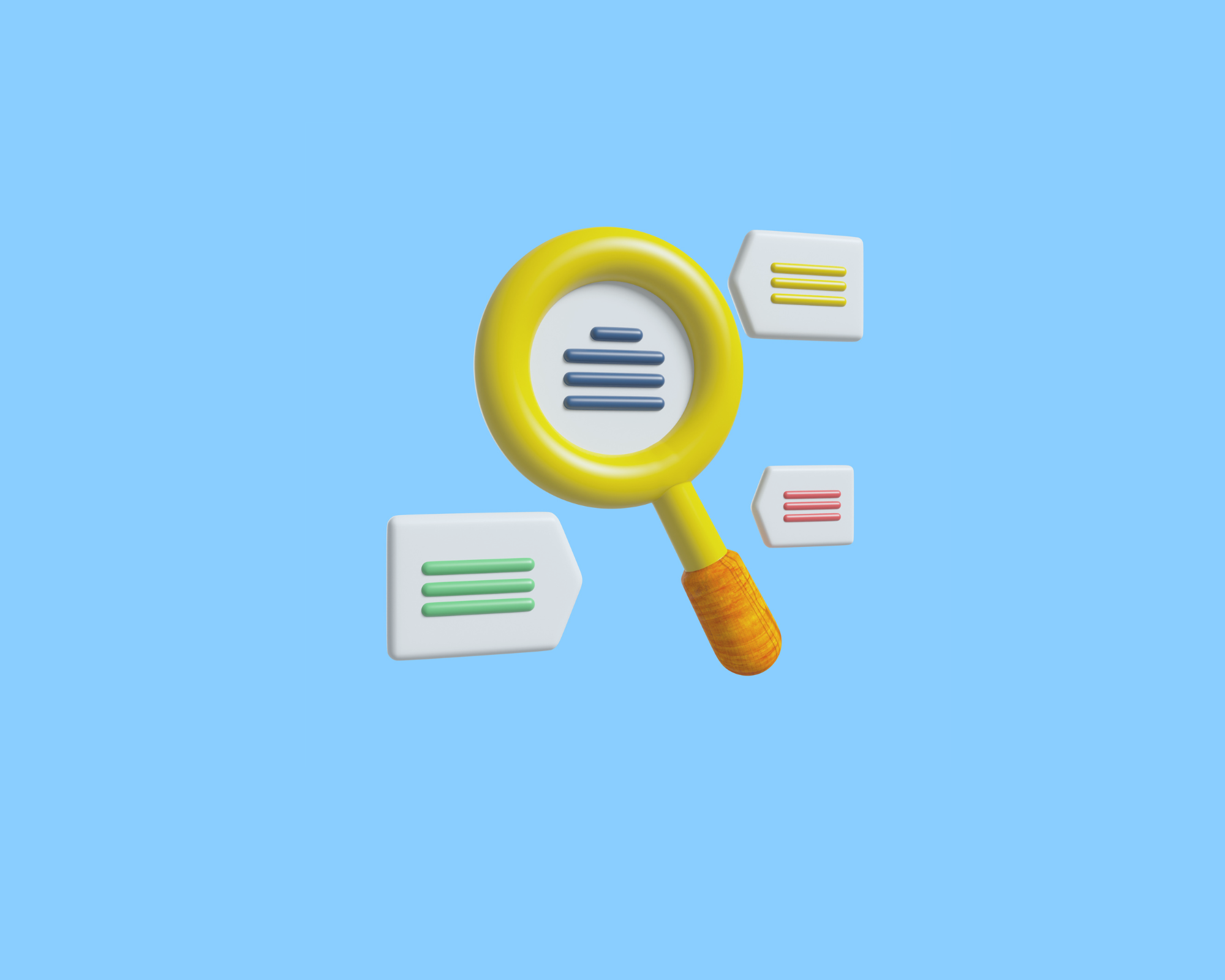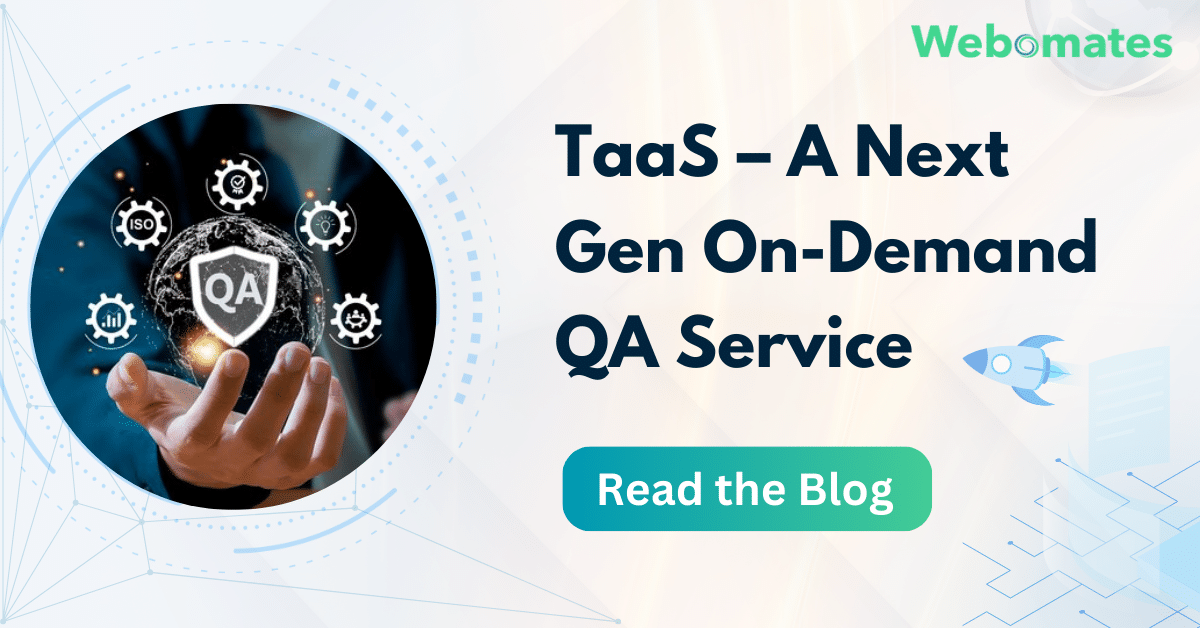PMP Certification Training
Visit Now:
https://www.simpliaxis.com/pmp-certification-training
The PMP Certification Training offered by Simpliaxis is a comprehensive program designed to equip professionals with the skills and knowledge required to excel in project management. The Project Management Professional (PMP) certification, awarded by the Project Management Institute (PMI), is globally recognized and validates an individual’s ability to manage projects efficiently, ensuring successful outcomes. This training program is meticulously structured to align with the latest PMBOK® Guide (Project Management Body of Knowledge) and covers all essential domains of project management, including initiating, planning, executing, monitoring, controlling, and closing projects. It is ideal for project managers, team leaders, and professionals aspiring to advance their careers by gaining a deeper understanding of industry best practices and project management methodologies.
The PMP certification is highly regarded in various industries such as IT, construction, healthcare, finance, manufacturing, and consulting, making it a valuable credential for professionals looking to boost their careers. The training helps participants master key concepts, including agile and hybrid project management approaches, risk management, cost control, quality assurance, and stakeholder communication. Through expert-led instruction, real-world case studies, and interactive learning sessions, participants develop a strong foundation in project management principles. The training also includes mock tests and practice exams, helping candidates prepare for the PMP certification exam with confidence.
Simpliaxis ensures that learners receive top-quality training led by PMI-certified instructors with extensive industry experience. The course offers flexible learning options, including online and classroom training, catering to the needs of working professionals. Additionally, participants gain access to premium study materials, practice questions, and exam preparation strategies, ensuring they are well-prepared for the PMP exam. With an emphasis on practical application, the training enables professionals to implement project management frameworks effectively in their respective organizations, leading to improved productivity and successful project delivery.
Obtaining a PMP certification enhances career prospects by increasing earning potential and expanding job opportunities globally. PMP-certified professionals are highly sought after, with employers valuing their expertise in delivering projects on time and within budget. Simpliaxis provides ongoing post-training support, ensuring that participants receive guidance throughout their certification journey. By enrolling in the PMP Certification Training at Simpliaxis, professionals take a significant step toward career growth, acquiring the knowledge and skills necessary to excel in project management. Whether you aim to enhance your leadership abilities, improve project success rates, or gain global recognition, this training provides the ideal pathway to achieving your career aspirations in the dynamic field of project management.
PMP Certification Training
Visit Now: https://www.simpliaxis.com/pmp-certification-training
The PMP Certification Training offered by Simpliaxis is a comprehensive program designed to equip professionals with the skills and knowledge required to excel in project management. The Project Management Professional (PMP) certification, awarded by the Project Management Institute (PMI), is globally recognized and validates an individual’s ability to manage projects efficiently, ensuring successful outcomes. This training program is meticulously structured to align with the latest PMBOK® Guide (Project Management Body of Knowledge) and covers all essential domains of project management, including initiating, planning, executing, monitoring, controlling, and closing projects. It is ideal for project managers, team leaders, and professionals aspiring to advance their careers by gaining a deeper understanding of industry best practices and project management methodologies.
The PMP certification is highly regarded in various industries such as IT, construction, healthcare, finance, manufacturing, and consulting, making it a valuable credential for professionals looking to boost their careers. The training helps participants master key concepts, including agile and hybrid project management approaches, risk management, cost control, quality assurance, and stakeholder communication. Through expert-led instruction, real-world case studies, and interactive learning sessions, participants develop a strong foundation in project management principles. The training also includes mock tests and practice exams, helping candidates prepare for the PMP certification exam with confidence.
Simpliaxis ensures that learners receive top-quality training led by PMI-certified instructors with extensive industry experience. The course offers flexible learning options, including online and classroom training, catering to the needs of working professionals. Additionally, participants gain access to premium study materials, practice questions, and exam preparation strategies, ensuring they are well-prepared for the PMP exam. With an emphasis on practical application, the training enables professionals to implement project management frameworks effectively in their respective organizations, leading to improved productivity and successful project delivery.
Obtaining a PMP certification enhances career prospects by increasing earning potential and expanding job opportunities globally. PMP-certified professionals are highly sought after, with employers valuing their expertise in delivering projects on time and within budget. Simpliaxis provides ongoing post-training support, ensuring that participants receive guidance throughout their certification journey. By enrolling in the PMP Certification Training at Simpliaxis, professionals take a significant step toward career growth, acquiring the knowledge and skills necessary to excel in project management. Whether you aim to enhance your leadership abilities, improve project success rates, or gain global recognition, this training provides the ideal pathway to achieving your career aspirations in the dynamic field of project management.







